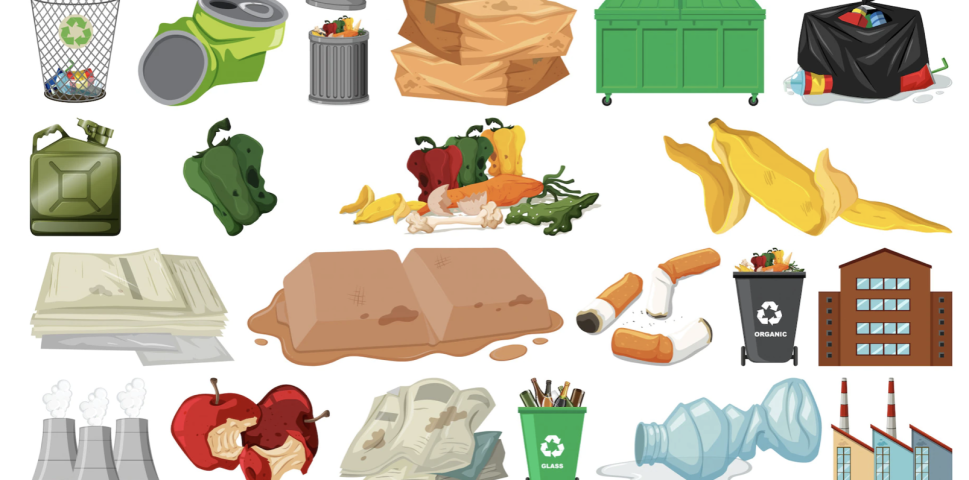2019 will likely go down as the year that (developing) Asian countries have finally had enough of western garbage. Indeed, their final victory in repelling imports of unrecyclable plastics and other wastes won’t come too soon for international brand owners whose reputations have increasingly been harmed with the scrutiny now being paid to the final destinations of their products and packaging.
The Shift in Asian Waste Imports
It started last year with the China National Sword, which effectively ended the import of mixed plastic waste into China. This had been the primary destination for end-of-life plastics from locations such as Western Europe, North America, and Australia for material not otherwise recycled in their domestic markets.
An immediate shift for western exports was made to neighbouring countries, such as Malaysia, Thailand, and the Philippines and this is where the skirmishes started. Many of the receiving countries began to more carefully scrutinize the “recyclables” they were receiving and quickly determined that much of it was not as promised and would ultimately end up in unregulated dumps.
Return of Western Waste “Without Mercy”
The Philippines was one of the first countries to overtly reject western waste, demanding that Canada retrieve some misidentified historical exports and began threatening to dump some of it on the Canadian Embassy grounds in Manila.
The focus then shifted to Malaysia, with stories of towns suddenly being inundated with plastic waste (previously destined for China). The Malaysian Environment Minister has promised that recent waste imports from the US, UK, and Australia (among others), would be returned to those countries “without mercy”. A full scale East v. West garbage war has erupted, with western governments red in the face over what to do with their suddenly very public waste exports.
The Coming Basel and Asian Plastics Bans
In May, 2019, a landmark agreement among 187 countries (US notably excluded) to the Basel Convention on the Control of Transboundary Movements of Hazardous Waste and Their Disposal designated most plastics wastes as governed by the Agreement, which will require the exporting country to give prior notice and obtain informed consent from the receiving country, along with obligations around sound environmental management, documentation requirements, and financial assurances. In short, the days of unfettered transfers of unwanted material between developed and developing commercial parties will come to an end as of January 1st, 2021.
Consistent with this state-level consent requirement, each of India, Vietnam, Malaysia, and Thailand have imposed coming bans on the import of some variant of plastics materials, creating more uncertainty as to the long-term solution in the inundated waste management facilities of the developed world.
Branded Products as Symbols of Harmful Waste Practices?
In the meantime, there is the increasingly politically fraught issue as to what to do with near-term continued shipments to these various Asian countries which no longer look like the plastics safe harbor they appeared to have been last year.
Included within each of the high profile media events in receiving Asian countries surrounding their waste imports are overtly identified products from international brands, being held up for all to see by waste workers or, worse, by children picking over the discarded items from teeming dumps.
Suddenly, the brands themselves, which have otherwise carefully cultivated responsible supply chains, are completely let down by their (default) reverse supply chains. Their reputations are being trashed and they appear powerless to prevent it.
____
With no clear means of continued export of plastic and other wastes, developed countries will be compelled to build the market and regulatory impetus for domestic resource recovery of these materials, including through full extended producer responsibility and product design-for-environment requirements. These changes, while inevitably creating additional costs for brands, will lessen their reputational and perhaps financial risks now at play in the international garbage wars.





